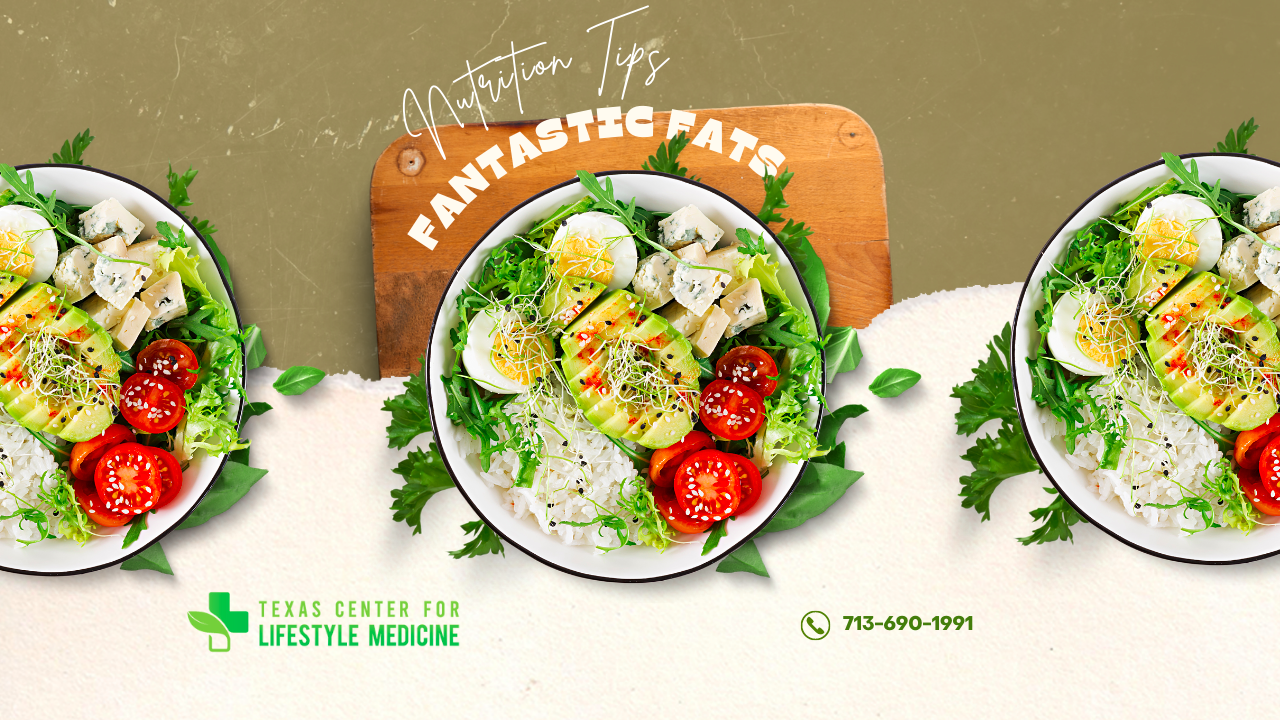Are Fats Truly the Enemy?

Healthy fats are essential for maintaining good health and promoting optimal functioning of the body. However, the types and quantity of oils and fats that should make our way into our diet has become quite a controversial topic. Some have been told to avoid all fats in order to reduce cholesterol levels, while others swear by a high-fat, ketogenic diet in order to maintain their health. In order to determine how to make use of fats in our diet, we must understand which fats to avoid and why.
The majority of the oils we find in packaged or processed foods are inflammatory oils that are guaranteed to contribute to metabolic issues when consumed often. These include canola, safflower, peanut, corn, soybean, sunflower, cottonseed, and palm oil. Vegetable oils and those mentioned will oxidize when heated, causing inflammation to the body. They also contain trans fats and increase triglycerides in the body, which is linked to cardiovascular disease, obesity, and metabolic syndrome. Rather than opting for fried foods, packaged foods, and cooking with vegetable oils, we recommend a diet that focused on whole foods, using fiber-rich fat sources and healthier oils with high smoke points for cooking.
The best sources of fiber-rich fats come from raw nuts and seeds of all varieties and avocados. For an extra boost of omega three fatty acids, try chia seeds, flax seeds, and hemp seeds. For cooking, avocado oil, coconut oil, and ghee/grass-fed butter in moderation are great options, as they have a high smoke point and will not oxidize when heated unlike other oils including olive oil. Olive oil can be used for drizzling on top of meals and salads, as it has many benefits for cardiovascular and metabolic health. However, it does have a lower smoke point and may not be the best option for cooking. When it comes to cooking with healthy fats, it is important to consider the smoke point of each oil or fat in order to avoid oxidation when cooking, which has carcinogenic effects.
How to best make use of fats in the diet depends on what other foods we are consuming as well. Most of us have been told that excess fats may lead to elevated cholesterol, weight gain, and fat storage. However, while anything done in excess has the potential to become detrimental, we need not fear the inclusion of healthy fats in our diet. In actuality, the fats found in nuts, seeds, avocados, healthy oils listed above and even animal sources such as grass-fed beef, as well as wild-caugh fish contain many vital nutrients. Omega three fatty acids are so needed in order to improve immune function and reduce inflammation, promote gut health, control blood sugars, improve cardiovascular health, improve brain function, maintain satiety, and more. However, when fats are paired with excess starchy carbohydrates, specifically processed and simple carbs, the accumulation of fat stores, cholesterol buildup, and more metabolic issues develop. Take white toast with grassfed butter, for example. The grassfed butter is not the root issue, but the fact that it is paired with a processed, simple carbohydrate. This also taxes the gallbladder and liver function, contributing to a buildup of sludge and decreased function. However, cooking your greens in ghee or grass-fed butter moderately may benefit you!
When it comes to balancing fats with other food groups in our diet, it can be a great idea to work with a registered dietician or coach in our clinic to determine a balanced plate that suits your specific needs. Everybody is wired in such a unique way, and other lifestyle factors must be taken into consideration when determining a way of eating that will work best for you! However, when it comes to fats in the diet, do your body a favor and stock up on the healthy options listed - healthy oils for drizzling and plenty of nuts/seeds to crunch on!
Contact TCLM to schedule a visit with a member on our team who can guide you through healthy eating habits!
